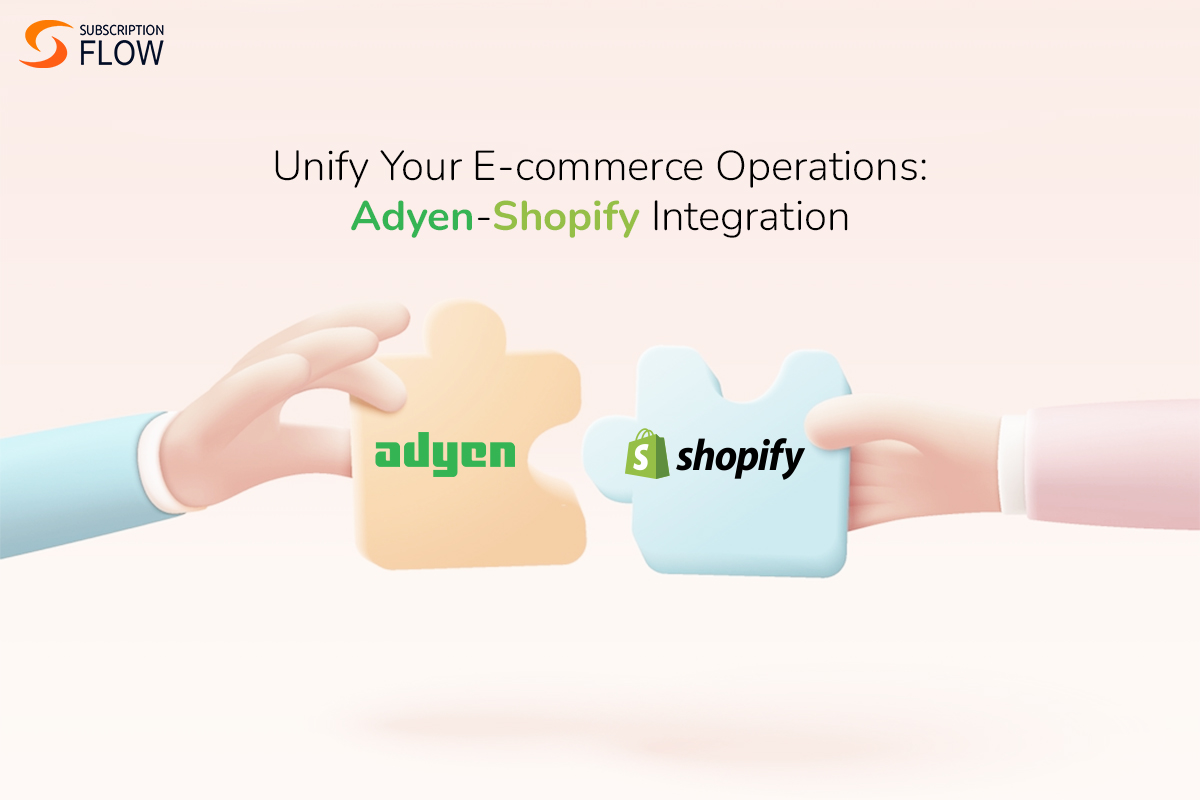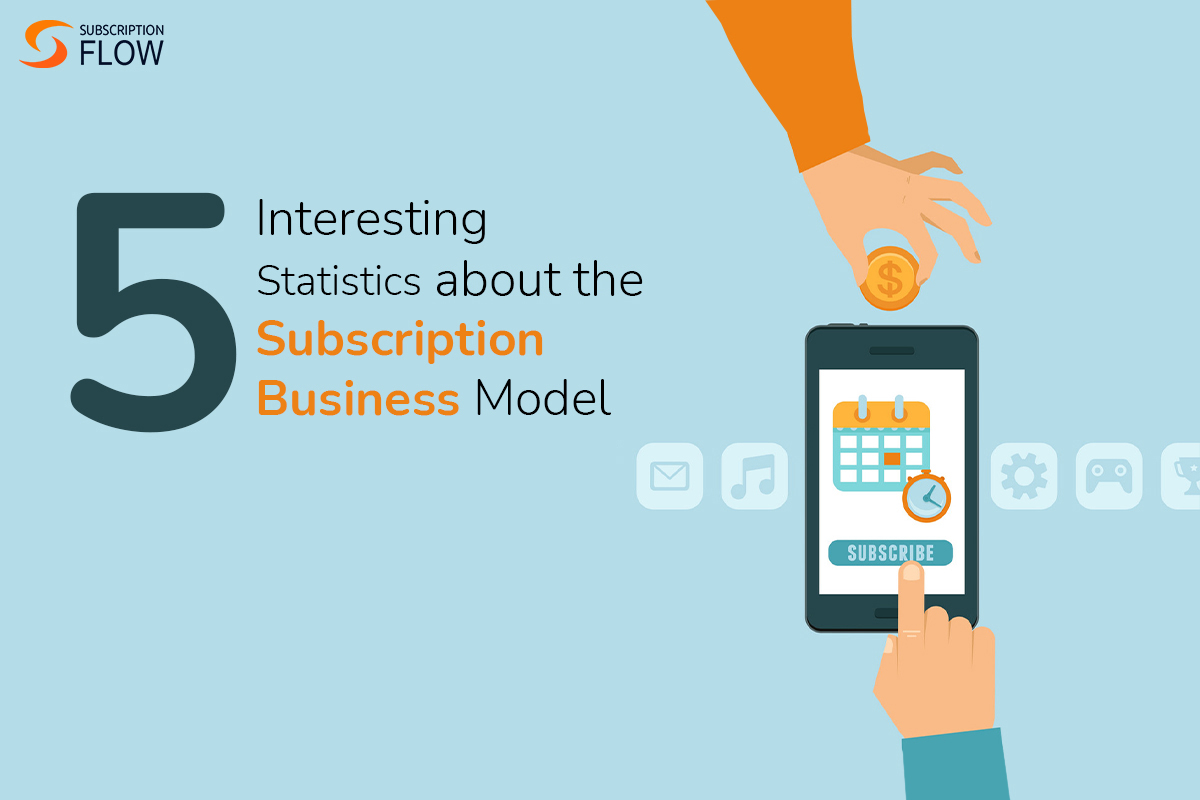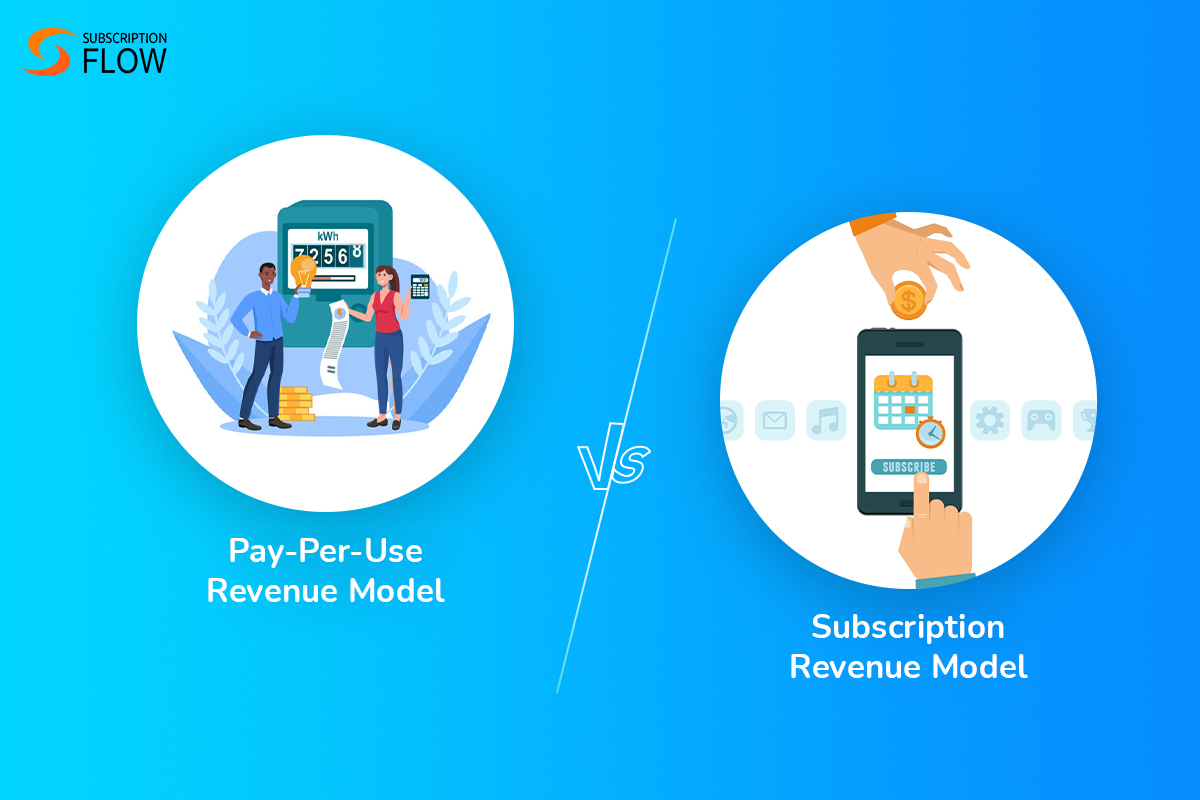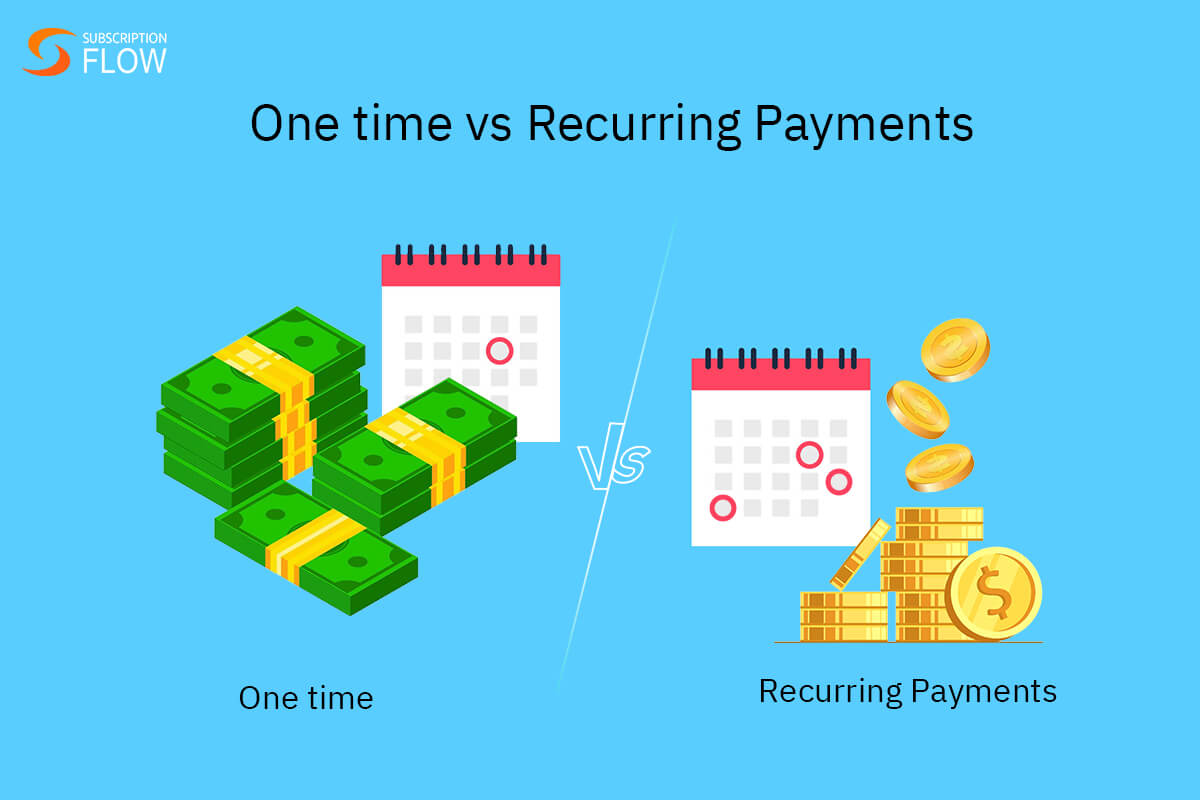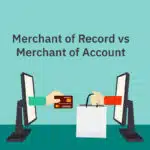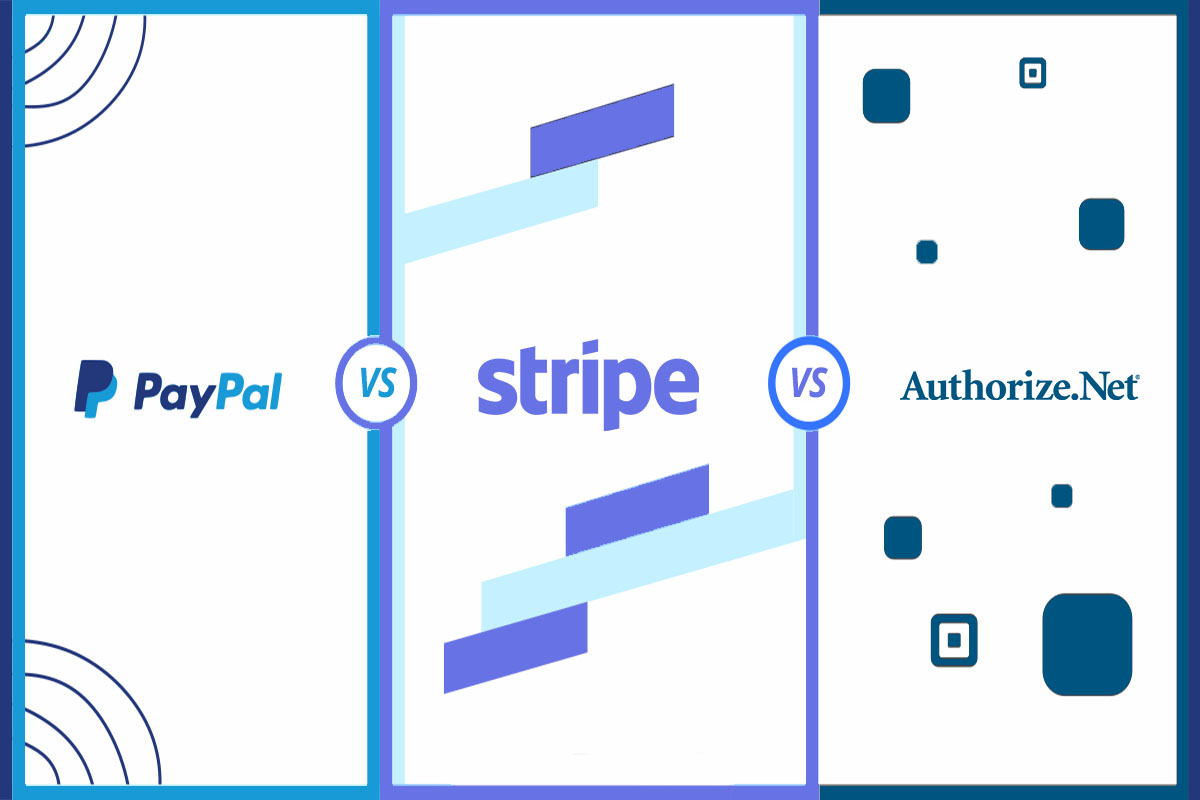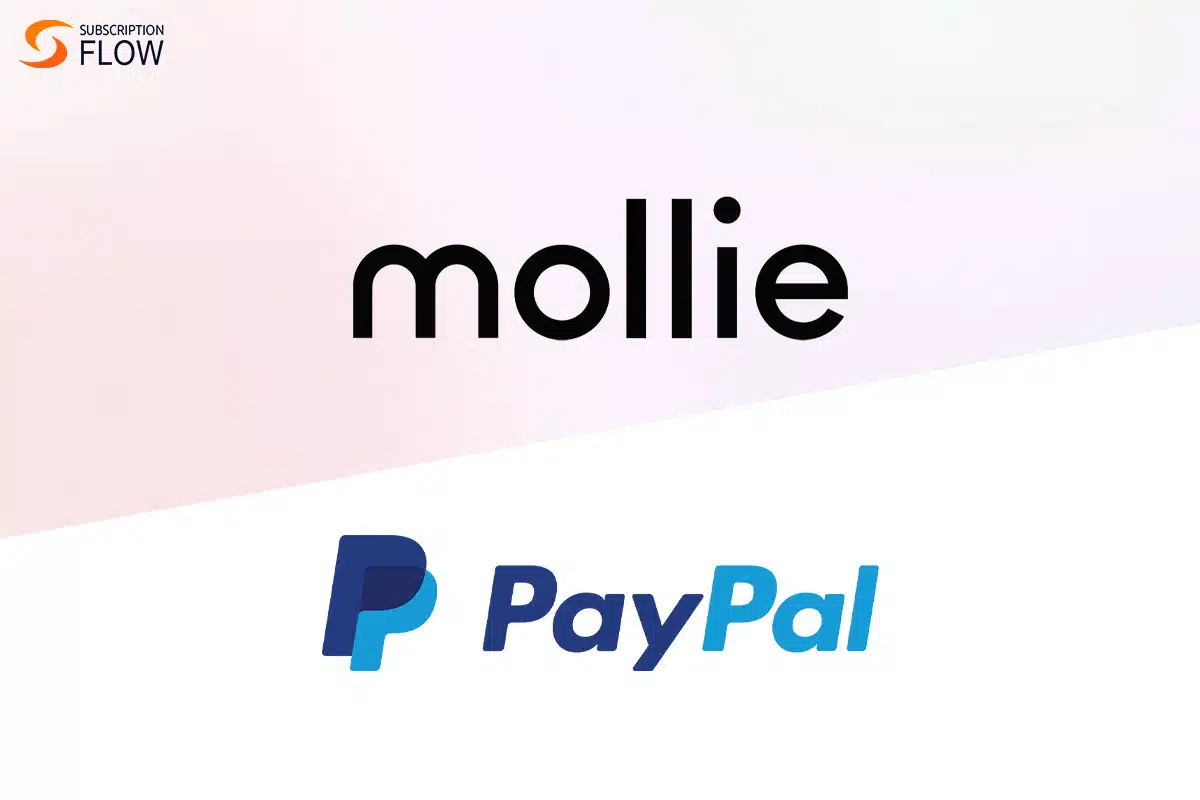
Payment Gateways Demystified: Mollie vs PayPal
Are you a business owner on the lookout for the right payment gateway to power your payments?
We’ve got your back.
With rapid digitalization in the payments space, businesses of all sizes recognize the necessity of enabling online transactions to power business growth.
To do this right, you need a payment service provider that understands your needs and offers you the maximum value at the best price-point.
In this blog we will present a detailed comparison of Mollie vs PayPal to equip you with all the information you need to choose which one of the two is better for your business.
Introduction: Mollie vs PayPal
PayPal – The Elevator Pitch
PayPal is an American digital payment platform headquartered in San Jose, California, that enables individuals and businesses to send and receive money electronically.
Founded in 1998, PayPal has become one of the most widely used payment platforms globally, with over 400 million active users in more than 200 markets.
It offers a range of payment solutions, high levels of security and a mobile application among many more advanced features that have transformed the way people transact online.
Despite being a titan in the payments space, many businesses prefer to opt for other payment gateways due to some of PayPal’s restrictions and limitations.
That’s where Mollie, enters the chat!
Mollie – The Elevator Pitch
Mollie is another leading payment service provider that offers an easy and secure way for businesses to accept online payments.
Mollie also offers businesses a wide variety of payment methods to offer their end-customers. Its user-friendly platform, straightforward pricing and easy integration with other software make it a popular choice for businesses of all sizes.
Both PayPal and Mollie are robust and secure, but they also differ in many respects, that might make one a better fit for your business than the other.
Let’s break down their features and pricing to help you find your perfect match.
Features: Mollie vs PayPal Comparison 2023
Without further ado, let’s get into the nitty gritty!
1. Payment methods
Mollie supports a wide variety of payment methods including credit and debit cards, American Express, SOFORT Bank Transfer, iDEAL, SEPA Direct Debit, SEPA Bank Transfer, PayPal, and Apple Pay.
Whereas PayPal supports all these payment methods as well as Pay Later and PayPal Credit options. The Pay Later feature allows users to buy now and pay later while paying merchants upfront.
However, these additional payment features cater more to individual accounts than merchant ones. Mollie is better positioned to serve in European markets with localized payment methods, but PayPal’s global reach means that you won’t be missing out on any markets if you opt for the latter as well.
Overall, they compare as equals with regards to the payment methods they make available for their clients.
2. Integration
Both Mollie and PayPal offer a variety of integration options, including APIs and plugins for popular e-commerce platforms. However, Mollie offers a more developer-friendly API with a sandbox environment for testing and development.
Furthermore, Brian Manning, an influencer in the merchant service provider space dubs the checkout flow PayPal provides to be clunkier than others. With a button that redirects the customer to PayPal and then back to your merchant site, Manning argues this friction could be hurting your sales. Having said that, PayPal has become a brand name that is trusted in all markets.
What’s right for your business, really depends on your needs and preferences in terms of integration. Overall, both fare well in this category!
3. Pricing
Mollie charges a fee against every successful transaction and its rate varies based on the payment method used. Here are some examples of Mollie’s transaction fees:
- iDEAL: €0.29 per transaction
- Credit card: 1.8% per transaction
- SEPA Direct Debit: €0.15 per transaction
It also does not charge any monthly, setup, lock-in or hidden fees making the pricing framework straightforward and easy to get behind.
Additionally, it also offers volume-based pricing for large enterprises transacting more than €50,000 monthly.
PayPal also charges a per-transaction fee with a somewhat more complex structure, and may charge monthly fees for certain features such as advanced reporting tools. Here are some examples of PayPal’s transaction fees:
- For transactions up to $10,000: 2.9% + $0.30 per transaction
- For transactions over $10,000: 2.5% + $0.30 per transaction
It’s also worth noting that Mollie does not charge any additional fees for refunds or chargebacks, which can be a cost-saving feature for businesses. Whereas, PayPal does charge additional fees for international transactions, currency conversion, and chargebacks.
Mollie’s transparent pricing gives it an edge over PayPal’s more complex pricing structure.
4. Pay Outs
Mollie offers fast and reliable pay outs, with funds typically arriving in the recipient’s account within two business days. PayPal also offers fast pay outs but may charge an additional fee for expedited processing. The problem of frozen funds getting locked in and delaying pay outs have also been reported for merchant accounts in PayPal.
5. International payments
Both Mollie and PayPal support payments in multiple currencies and offer international payment options. However, Mollie is better positioned and more popular in European markets, while PayPal is more widely recognized and accepted globally.
6. Security
Both Mollie and PayPal use advanced security measures to protect users’ personal and financial information. However, Mollie offers more granular control over fraud prevention measures, allowing businesses to set custom rules for transaction approval and decline.
7. Customer support
Mollie offers customer support through email and live chat during business hours, whereas PayPal offers support through phone, email, and live chat 24/7.
Overall, the choice between Mollie and PayPal will depend on the specific needs of your business. Mollie may be a better choice for businesses operating primarily in Europe, with lower transaction volumes, and who require more granular control over fraud prevention. PayPal may be a better choice for businesses with larger transaction volumes, global operations, and a need for more robust reporting and analytics tools.


